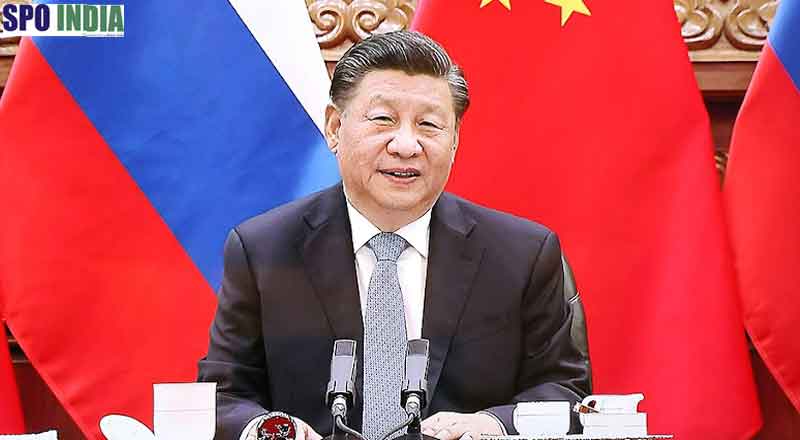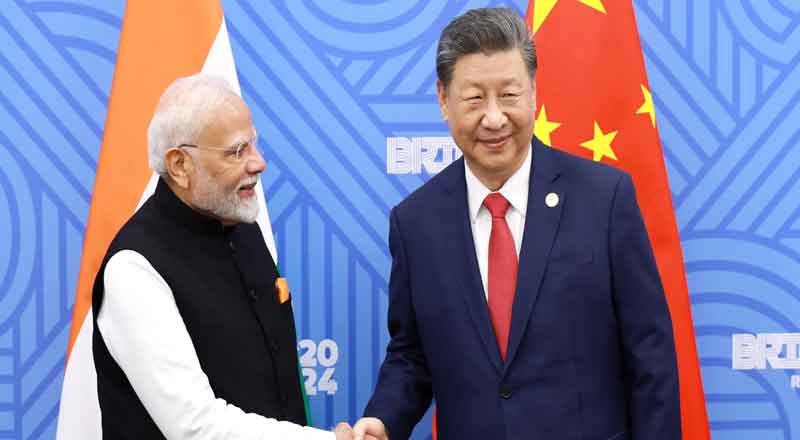Chinese President Xi Jinping underscores the relevance of the ‘Five Principles of Peaceful Coexistence’, known as ‘Panchsheel’ in India, as essential for resolving contemporary global conflicts and promoting international harmony. Amidst tensions with Western nations, Xi Jinping highlights China’s commitment to expanding its influence in the Global South through initiatives grounded in principles of peaceful coexistence.
Commemorating the Anniversary
During a conference in Beijing marking the 70th anniversary of the ‘Five Principles’, Xi Jinping not only reaffirms their significance but also proposes a new Global Security Initiative aimed at fostering a shared future for all nations.
Origin and Significance
Originating in the 1954 Agreement between Tibet and India, the ‘Five Principles’ were championed by Jawaharlal Nehru and Zhou Enlai as a framework to manage complex boundary issues through mutual respect, non-aggression, non-interference, equality, and peaceful coexistence.
Embedding in International Relations
Xi Jinping emphasizes that these principles have been integrated into bilateral agreements with India and Myanmar, advocating for their universal adoption as foundational norms in state-to-state relations.
Participants and Global Reach
The conference convened prominent global figures, including former Sri Lankan President Mahinda Rajapaksa, underscoring the widespread recognition and relevance of ‘Panchsheel’ principles in international diplomacy.
Historical Influence
Originally proposed during the Bandung Conference in 1955 and subsequently embraced by the Non-Aligned Movement, the ‘Five Principles’ have left an indelible mark on global diplomacy, setting a benchmark for international relations based on mutual cooperation and respect.
China’s Global Initiatives
Xi Jinping’s remarks align with China’s broader initiatives such as the Belt and Road Initiative (BRI), aimed at enhancing connectivity and infrastructure development across the Global South, albeit amid scrutiny over its economic implications.
Future Commitments
Looking ahead, China plans to establish a Global South Research Centre to promote South-South cooperation and has pledged significant educational and training opportunities through initiatives like the ‘Five Principles of Peaceful Coexistence Scholarship of Excellence’.
Strategic Vision
These efforts underscore China’s strategic vision of fostering global partnerships and enhancing its soft power through initiatives grounded in principles of peace, cooperation, and mutual benefit. Xi Jinping’s advocacy for ‘Panchsheel’ principles reflects China’s commitment to shaping a harmonious global order based on principles of mutual respect and cooperation, aiming to mitigate global conflicts and foster sustainable development worldwide.
(With inputs from agencies)





